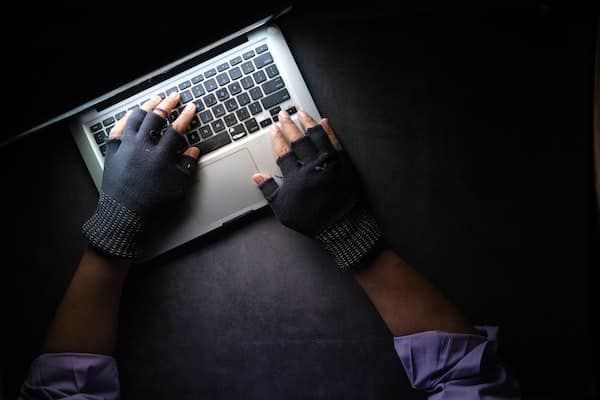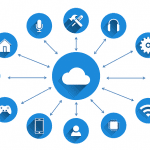Tech News
Keep Your VoIP System Safe! Follow These 4 Practices To Minimize Exposure To Security Risks
For everything that exists on the internet, making sure that all information is secure is an endless endeavor.
This is true for VoIP as well. And considering the amount of information that goes into a VoIP system, keeping your network secure is very important.
Why security will always be a concern
Security isn’t a set target. Hackers and other actors with bad intentions are always looking for ways to do some form of damage. This may not necessarily be in terms of getting into your system. There are other means by which they can cause disruption.
Like how you’re protecting your home with a security system or even with locks, you should also practice that same level of vigilance with your VoIP system.
Just during the first six months of 2019, 4.1 billion records were made public without the consent of their owners. Meanwhile, a great majority of the hacks that happen today have some kind of financial motivation behind them.
Any kind of security breach will have a negative impact on your enterprise. If it involves the
security of your customers’ information, their trust would dwindle as well.
Therefore, knowing the threats that abound and how you can protect your business from them should always be one of your key priorities.
What risks are you protecting your VoIP system from?
Regardless of the phone system you go with, there will always be risks. For VoIP, here are some of them:
1.Eavesdropping
Hackers could literally be listening to the calls you’re making using VoIP. This could be used to steal information (whether yours, your employees’, or your customers’). How they’d use their gathered information could vary. But as with any kind of theft, it’s easier if they have a lot more information to work with.
2. Phishing
This doesn’t just happen when you click a malicious link and type in your password. It could also happen over calls.
In the case of an enterprise, someone could pretend to be a customer or a potential client. They could try to earn the trust of one of your agents to eventually give out sensitive information that wouldn’t have been given under normal circumstances.
3.Denial of Service (DoS)
The hackers overwhelm your system to the point that it couldn’t function anymore. They’ll initiate so many calls that all or a lot of your internet bandwidth would be used up.
Even if they don’t succeed in shutting you down, they may still be able to compromise the quality of the calls you make.
At worst, they may even gain administrative access and extract sensitive data.
There are many more ways by which your system could be compromised. That’s you can never let your guard down.
What can you do to minimize your exposure to these risks?
Protecting yourself from these risks requires your constant attention. To start, here are a few things that you can do:
1. Ensure data encryption
The easiest way to go about this is by choosing telecom providers like Telnum that offer high-level encryption with everything that they sell.
Buying virtual numbers isn’t just about looking for the best deal, financially speaking. The reputation of the company you’re going to implicitly trust with sensitive information is even more important.
For more comprehensive protection, encryption may also be obtained using cybersecurity services.
2.Use secure passwords with two-factor authentication
The easiest way to get into any restricted system is through the front door. That’s why even today, there are a lot of phishing scams.
But you can prevent that by using only secure passwords. Make it even harder for them to get in by using two-factor authentication. Ideally, you’d verify your login using a number or an email address that’s not connected to other online accounts.
3. Monitor your system
Even if you think there’s nothing suspicious going on, you should still look at call logs. This would let you establish in your head what’s the norm.
So when there’s an actual anomaly needing your attention, it would be much easier for you to detect.
The good thing about this monitoring is it also doubles as a way to check employee performance. You can look at the top performers and perhaps integrate into your training what you think they’re doing right.
At the same time, you’d be able to see poor performers and even retrain them so their performance would improve.
4. Use encrypted networks
If you’re all in the same office, you could start by setting up WPA2 on the office WiFi. This is very easy to do but could still improve protection.
If you have remote staff, buy a VPN for them to use during their shift.
Your security is determined largely by you. By taking these measures, you’re protecting your enterprise from the worst.
Related Posts












